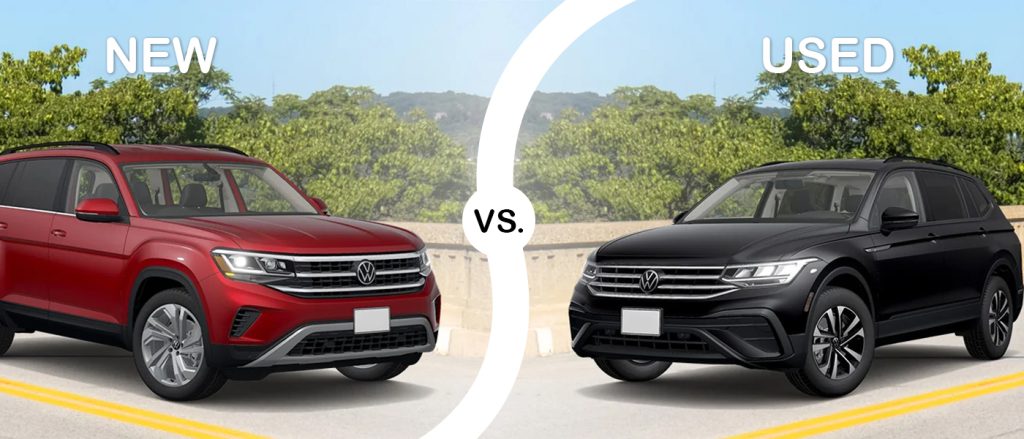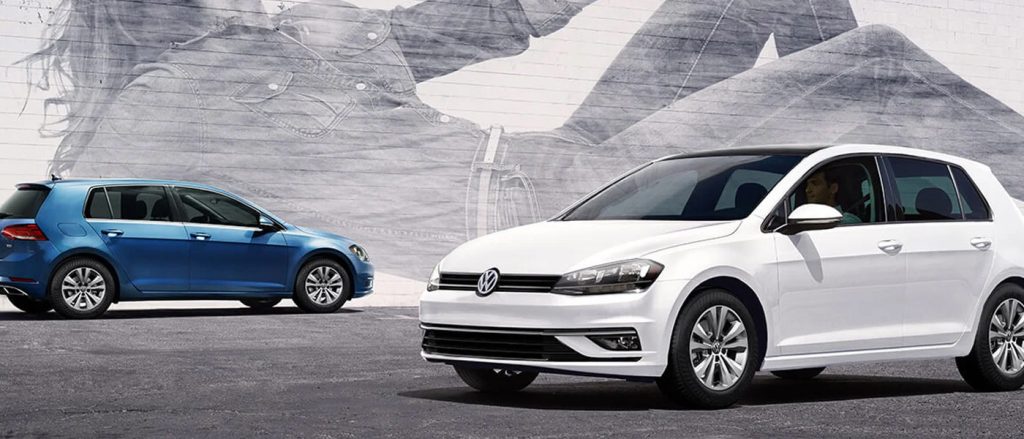
Making the decision to buy a car is a significant one, and choosing between a new or used vehicle can be daunting. Both options come with their own set of advantages and disadvantages. Here’s a comprehensive look at both choices to help you make an informed decision.
Buying A New Car
When you walk into a dealership, the shine and allure of brand-new cars can be hard to resist. The smell of new leather, the pristine paint job, and the newest tech can be very enticing. But what are the real advantages of buying a new car?
Advantages Of Buying A New Car
- Reliability: New cars are often more reliable than their used counterparts. They haven’t been on the road, haven’t suffered wear and tear, and come directly from the manufacturer without any history of problems.
- Latest Technology And Features: Modern vehicles are packed with the latest tech, from advanced infotainment systems to driver assistance technologies. Buying a new car ensures that you’re getting the most up-to-date features available.
- Low Maintenance Cost: With a new car, it’s unlikely you’ll need major repairs in the first few years. Most of what you’ll be handling are routine maintenance tasks like oil changes or tire rotations.
- Low-Interest Rates On Car Loans: Dealerships and manufacturers often provide promotional financing rates for new cars, making it cheaper in terms of interest over the life of the loan.
- Warranty Coverage: New cars typically come with a manufacturer’s warranty, covering most major issues for a certain period of time or mileage. This gives buyers peace of mind knowing that unexpected expenses might be covered.
Disadvantages Of Buying A New Car
- Expensive: Brand-new cars come with a hefty price tag. You’re paying for the privilege of being the first owner.
- High Car Insurance Premium: Insurance rates tend to be higher for new vehicles. The reason? Replacement parts and repair costs are more for newer models.
- High Depreciation Rate: A new car loses a significant portion of its value the moment you drive it off the lot. This can be a downside if you plan to sell the car in the near future.
Buying A Used Car
Used cars have been on the road, which means they come with a history, but they also offer their own set of benefits.
Advantages Of Buying A Used Car
- Affordable price: One of the main reasons buyers opt for used cars is the price. They’re considerably cheaper than new cars, even if they’re just a few years old.
- Low Car Insurance Premium: Insurance companies typically charge less to insure used cars since they’re worth less than new vehicles.
- Low Depreciation Rate: A used car has already taken the most significant depreciation hit, meaning you won’t lose as much value over time as with a new car.
Disadvantages Of Buying A Used Car
- No Warranty Coverage: Unless you’re buying a certified pre-owned vehicle or purchasing an extended warranty, most used cars come without a warranty.
- High Maintenance Cost: Older cars tend to have more issues, requiring more frequent and sometimes costly repairs.
- Lacks New Features And Safety Technology: If you opt for an older used car, you might miss out on the latest safety and tech features available in newer models.
New Vs. Used Cars: Which Should You Buy?
The decision between a new and a used car boils down to personal preferences, needs, and financial situation. If you prioritize the latest tech, reliability, and warranty coverage, a new car might be the right choice. However, if you’re budget-conscious and are looking for a more affordable initial investment with lower depreciation, a used car might be more suitable.

Take your time, do your research, and evaluate your priorities. Both options have their merits, and the right choice will ensure you’re satisfied with your purchase for years to come.




